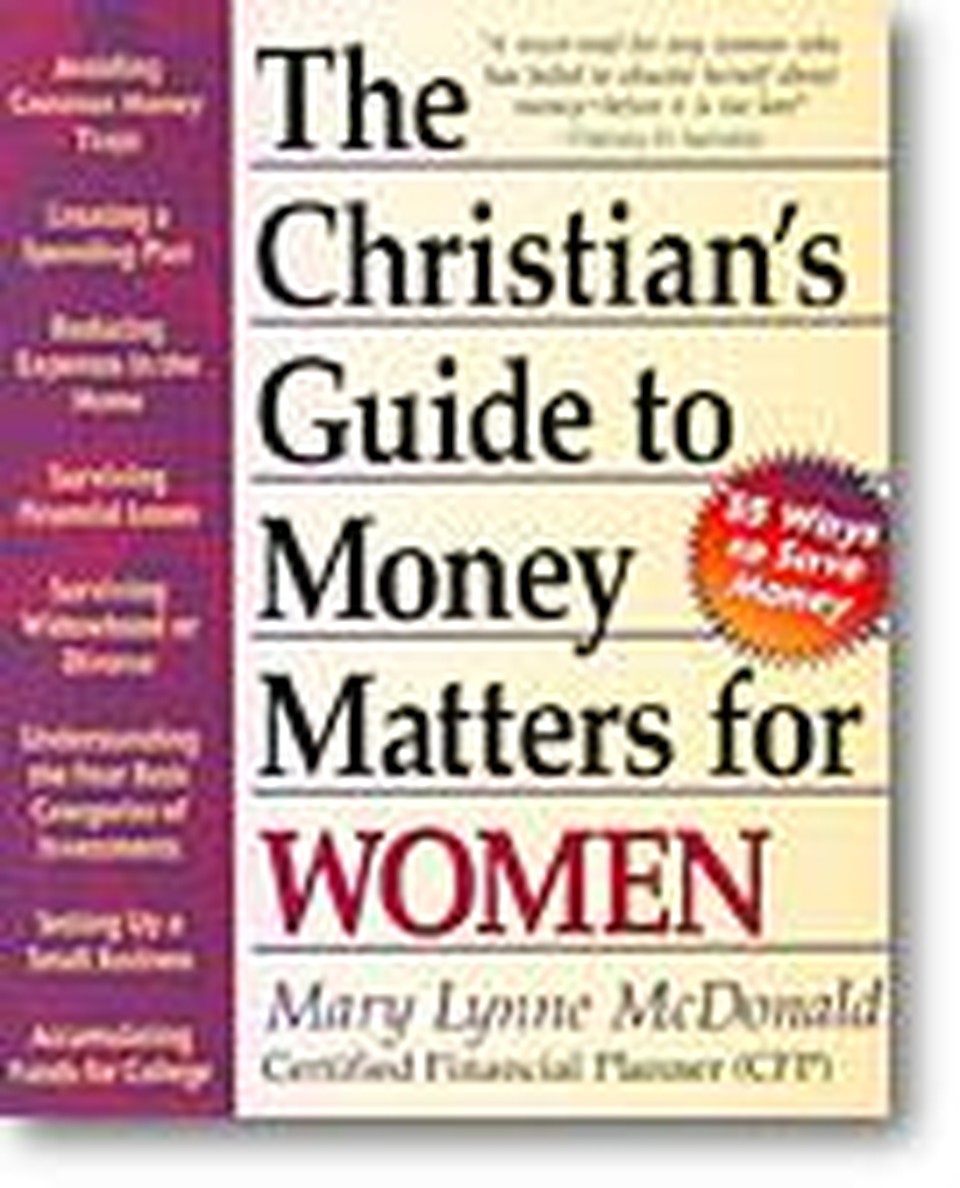Investing Your Money

- Be sure you have from three to six month's expenses in a savings account or money market fund. This money is for emergencies only. (E.g. If your monthly bills are $2,000 per month, you need to have from $6,000 to $12,000 in cash before you invest anything.)
- Carry adequate life insurance on the breadwinner. If you cannot afford the insurance you need, you cannot afford to invest.
- Establish a reason for investing. Make investing correspond to a purpose or goal. If your goal is investing for retirement, paying off a mortgage early, for travel or income, it will be easier to invest with that in mind.
- Do not invest for any goal that you want to meet in less than three years. Investments are long-term, not short-term. Three years is not long for any investment.
- Become educated. Read as much as possible about investing. Understand the concepts. Read financial pages and the business section of the newspaper, even if you do not understand all that you read. Eventually it will make sense. Attend seminars and classes to gather information, but resist the temptation to invest as a result of any seminar you attend.
- Establish a relationship with a professional investment adviser. A Certified Financial Planner (CFP) will be your best resource because this person is trained and educated to teach you as well as advise you. Be prepared to pay the CFP for their time - $50 to $150 per hour.
- Make up your mind that you will invest every month. Decide on a set amount and invest it faithfully. As your budget allows, or your income increases, increase your investing.
- Stick with your investments. Resist the temptation to sell when the market gets bad, or when they have a bad year. All investments will have ups and downs.
- Diversify. Don't put all your investments in the same area: all real estate, or all CD's. Mix it up. Diversification cuts losses and increases returns.
- Reinvest all of your earnings. Don't spend dividends. Let them be added to your account so they can grow.
Taken from The Christian's Guide to Money Matters for Women by Mary Lynne McDonald. Copyright (c) 1995 by Mary Lynne McDonald. Used by permission of Zondervan Publishing House, Grand Rapids, Michigan, 1-800-727-3480.
Mary Lynne McDonald has been a Certified Financial Planner (CFP) in Gig Harbor, Wash., for 11 years. She also is a professional investment adviser, a stockbroker, and a former banker. She has advised thousands of men and women on monetary matters in person, on the radio, on television, and in seminars and classes.
Originally published December 20, 2002.







